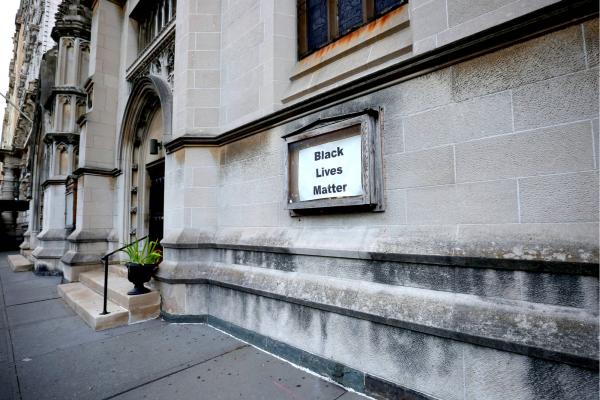Aug 17, 2017
Last week’s event in Charlottesville that resulted in the death of Heather Heyer is a clear reminder of the unresolved and persistent struggle of our nation with the sin of racism. For more than five years (not referring to the historical struggles) the African-American community has been raising its collective voice, calling out our nation to the pervasive, often deadly, effects of racism. These “deadly effects” are experienced not only in the actual killing of African Americans in the streets of our cities, but also in the denial of full access to the benefits and privileges of our socio-economic systems.
Read the Full Article

Already a subscriber? Login
